The Reno Gazette Journal has an interesting article up about Nevada’s plans to try to save the Sage Grouse. Of course, they are not trying to save the grouse because of concern for the environment or biological diversity, but because if the grouse gets listed on the Endangered Species list it will be much more difficult to develop land that is Sage Grouse habitat.
Recent Posts
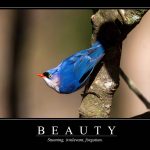 Demotivational Posters for Birds (X)By Kai Pflug
Demotivational Posters for Birds (X)By Kai Pflug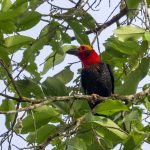 7 Ways to Make Birders CryBy Kai Pflug
7 Ways to Make Birders CryBy Kai Pflug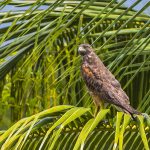 Hawk ConundrumBy Faraaz Abdool
Hawk ConundrumBy Faraaz Abdool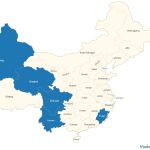 China – Profile for BirdersBy Kai Pflug
China – Profile for BirdersBy Kai Pflug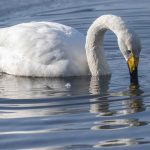 Ask a Bird Guide: What’s the most surprising or memorable reaction you’ve seen from a guest while birding?By Editor
Ask a Bird Guide: What’s the most surprising or memorable reaction you’ve seen from a guest while birding?By Editor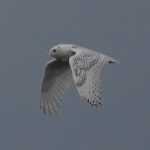 Snowy Owl Chase in OregonBy Hannah Buschert
Snowy Owl Chase in OregonBy Hannah Buschert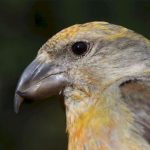 Book Review: Crossbills and Conifers: One Million Years of Adaptation and Coevolution By Craig W. BenkmanBy John Hague
Book Review: Crossbills and Conifers: One Million Years of Adaptation and Coevolution By Craig W. BenkmanBy John Hague
Posting Calendar
| DAY | WRITER(S) | SERIES (weekly) |
|---|---|---|
| MON | Kai (w) | Birding Lodges |
| TUE | Donna (m) Susan (m) Hannah (m) Fitzroy (m) Grace (m) | Bird Guides |
| WED | Leslie (bw) Faraaz (bw) | Ask a Birder |
| THU | Paul (w) Cathy (bw) | Birder’s Lists |
| FRI | David (w) | Species Spotlight |
| SAT | Peter (bw) Luca (bw) | From the Archives |
| SUN | Clive (w) Sanjana (m) | Three Photos |
| w weekly, bw biweekly, m monthly | ||
| Any time: Jason, Mark, John, Sara, Rolf, Dragan | ||
See here for info on the writers.
Newsletter
Signup and receive notice of new posts!
Thank you!
You have successfully joined our subscriber list.






You know what? I’m okay with this. It’s an odd way to get the desired result, but if it has the desired result, and happens in a way that makes Nevadans happy too, then I guess it qualifies as win-win.
Duncan’s right; there’s a sense in which this is exactly what the ESA should be doing.
My only quibble is that the Sage Grouse already should be listed.
But if the species is secured without listing, why does it need listing? Listing is a means to an end, not the end itself.
@Duncan: Because in the U.S. we have a really dumb system where even if a species qualifies to be on the list they are no longer necessarily put on the list because other species might be considered more endangered. This is largely because action is required to be taken for all species on the list (and actions cost money of which there is not enough). So rather then break the law and not help a species on the list some species are just not put on the list.
If anyone else can explain how exactly this works I would appreciate it (or if they want to correct anything I have wrong).
From the article I linked:
“The bird is just one step away from making the list now, on the threatened-but-precluded list. It means that the bird qualifies for inclusion on the endangered species list, but there are too many others ahead of them, in more perilous conditions.”
Also, Nevada is only one state where Sage Grouse occurs and what Nevada is proposing is nowhere near as rigorous a program as a bird would get if it were actually listed as endangered. To say nothing of the fact that you can still hunt Sage Grouse in Nevada.
@Duncan: On top of what Corey mentions, what states and private caretakers giveth, they can taketh away pretty darn quick. An ESA listing provides some assurance of continuity (although not as much as I’d like) despite changes in administration, economic ups and downs, shifts in what plays well with the voters or is trendy with donors, etc.
Also, is anyone else having difficulty getting the second and subsequent pages of the article to load?
@Corey: The choice of which animals get to be on the endangered species list can be somewhat arbitrary.
Ideally the Fish and Wildlife Service has the resources to do a scientific investigation, and the investigation will not be subject to political pressure not to list. Unfortunately its rarely the case that the FWS can do its job properly.
Environmental groups often have to push back against the inertia and get species listed. Groups like the Center for Biological Diversity often have to sue to get species protected.